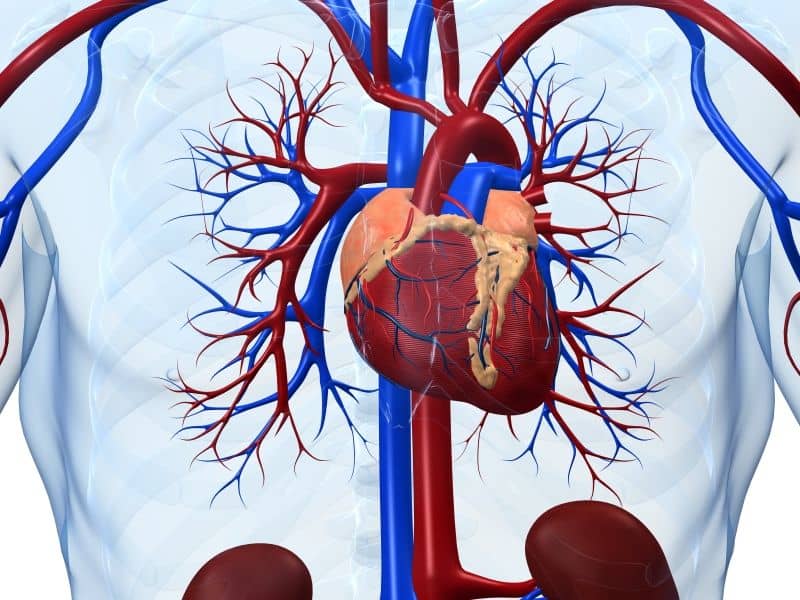Heat stress (HS) is the most potent environmental stressors for livestock in tropical and subtropical regions. HS induced splanchnic tissue hypoxia and intestinal oxidative damage, leading to endotoxemia and systemic inflammation. The present study evaluated and compared the modulatory effects of feeding Barki male sheep (Ovis aries) on a standard concentrated diet containing 2% or 4% of the brown seaweed (Sargassum latifolium) followed by roughage for 40 consecutive days on the toxicity-induced by exposure to severe environmental HS (temperature-humidity index = 28.55 ± 1.62). The present study showed that the diet containing Sargassum latifolium (especially 4%) modulated significantly (P < 0.05-0.001) almost all changes shown in the HS-exposed sheep including the increase in the thermo-respiratory responses (skin and rectal temperatures, and respiration rate) and the resulted dyslipidemia, anemia, and systemic inflammation (blood leukocytosis, the elevation in the erythrocyte sedimentation rate, and the increase in serum proinflammatory cytokines and heat shock protein-70 concentrations). In addition, Sargassum latifolium improved significantly (P < 0.05-0.001) the body-weight gain, kidney functions (especially at the high dose), and blood antioxidant defense system (total antioxidant capacity, and the activities of catalase and superoxide dismutase) in the HS-exposed sheep, as well as protected the animals from oxidative tissue damage and the risk of atherosclerosis. In conclusion, feeding sheep with the diet containing 4% of Sargassum latifolium was safe and suitable for animal nutrition, as well as efficiently alleviated the harmful effects of the environmental HS in Barki sheep through improving the animal antioxidant defense system, and regulating the thermo-respiratory and inflammatory responses.Copyright © 2020 Elsevier Ltd. All rights reserved.
Dietary supplementation of brown seaweed (Sargassum latifolium) alleviates the environmental heat stress-induced toxicity in male Barki sheep (Ovis aries).


